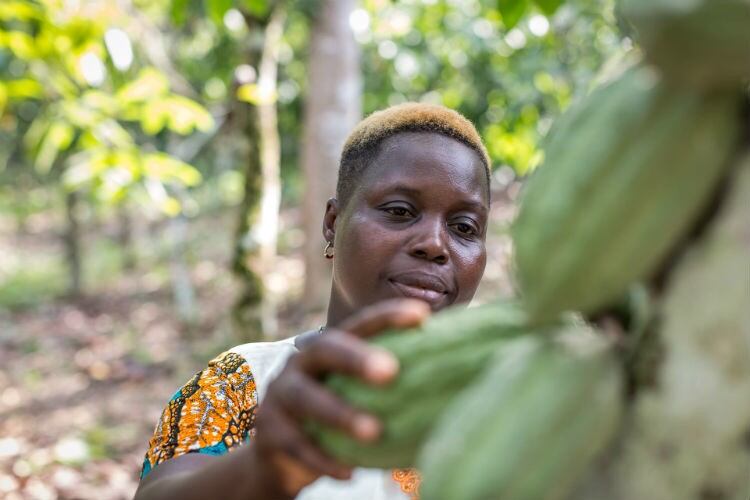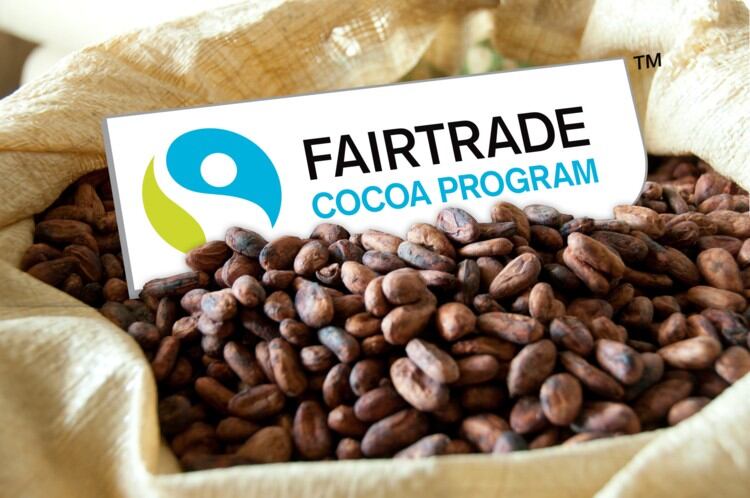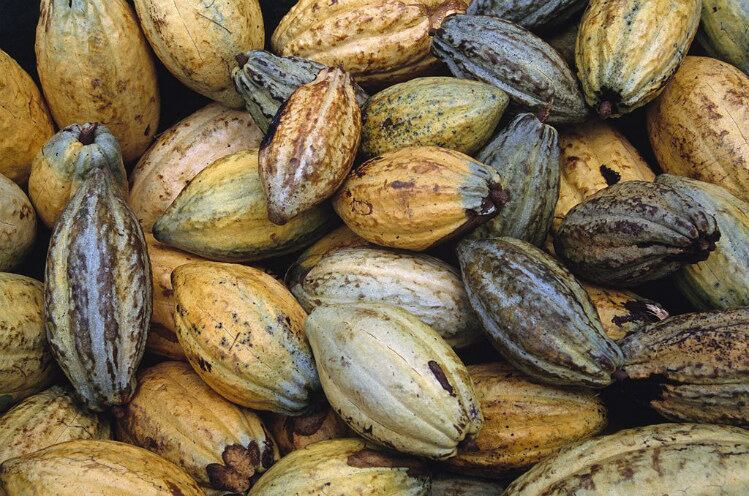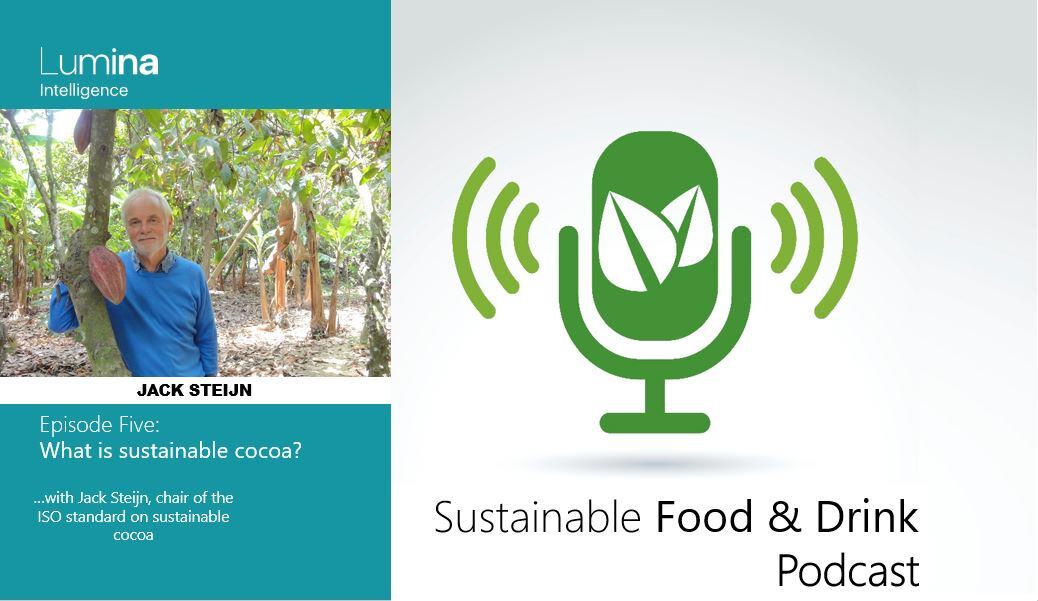Fairtrade is set to implement its Minimum Price for cocoa farmers next month to help alleviate poverty while global cocoa prices remain stuck at unsustainably low levels.
As part of its solution to the huge power imbalances in cocoa supply chains, the Fairtrade Minimum Price - which acts as a safety net for farmers - will increase by 20% for conventional cocoa from October 1, with an extra raise for organic.
The Fairtrade Premium will also rise by 20%. Growers decide for themselves how to spend the Premium, for example by building community facilities or investing in their farms to improve productivity or diversify crops.
Tony’s Chocolonely
At the same time, Fairtrade and Tony’s Chocolonely have collaborated to establish a new industry reference: the Living Income Reference Price. The Dutch ethically sourced chocolate company says it “challenges other chocolate companies to start paying the Living Income Reference Price to farmers”.
Many cocoa farmers earn less than $1 a day. Fairtrade has been working on plans to increase its Minimum Price for the past 12 months, and after a revision of the preliminary reference values, it has now been updated to $2.20 per kilo of cocoa at the farm gate for Côte d'Ivoire and $2.10 for Ghana.
"Most cocoa farmers are unable to afford decent housing, food and education, and that will continue as long as chocolate traders, manufacturers and brands fail to address the issue of price," said Fairtrade International CEO Darío Soto Abril. "Many farmers still live in extreme poverty."
A decent standard of living
The Fairtrade Living Income Reference Price is based on what farmers need to earn for a decent standard of living, taking into account variables such as viable farm size, sustainable yields, production costs and potential savings from growing food for home consumption on the farm
"Several brands have already committed to this vision. Tony's Chocolonely, a leading chocolate brand with a track record of paying additional funding to farmers, has committed to paying the revised Living Income Reference Price from October. Oxfam Fair Trade and Belvas have already been committed to the Fairtrade Living Income Price for several months.
"It's a great start, but we want to work with many more chocolate companies to help farmers achieve a decent income," said Abril.
Henk Jan Beltman, chief chocolate officer of Tony’s Chocolonely said it's about paying a price that enables the farmer's family to earn a living income. “It's our responsibility as a company to pay a decent price. We have to tackle the inequality in the industry to end modern slavery and illegal child labour. These issues are directly related to cocoa traders, manufacturers and brands that refuse to pay a higher price.”
He said that since 2013 Tony’s Chocolonely has paid a higher price, on top of the Fairtrade premium, to enable farmers to earn a living income. “Together we are urging all chocolate companies to start using the Living Income Reference Price as their new benchmark.”
Together with the new Minimum Price and Premium, the Fairtrade Living Income Reference Price comes into effect a full year ahead of a planned 'living income differential' announced by the governments of Ghana and Côte d'Ivoire. Fairtrade said it has welcomed the government initiative as an important step towards securing sustainable prices for cocoa farmers.
“Every company that is serious about solving the problems in the cocoa industry, should pay the Living Income Reference Price. Without decent payment human rights violations and environmental degradation will persist. Without decent payment farmers will never be able to make the necessary investments for good farming practices and sustained livelihoods,” said Peter d’Angremond CEO of Fairtrade Netherlands.




